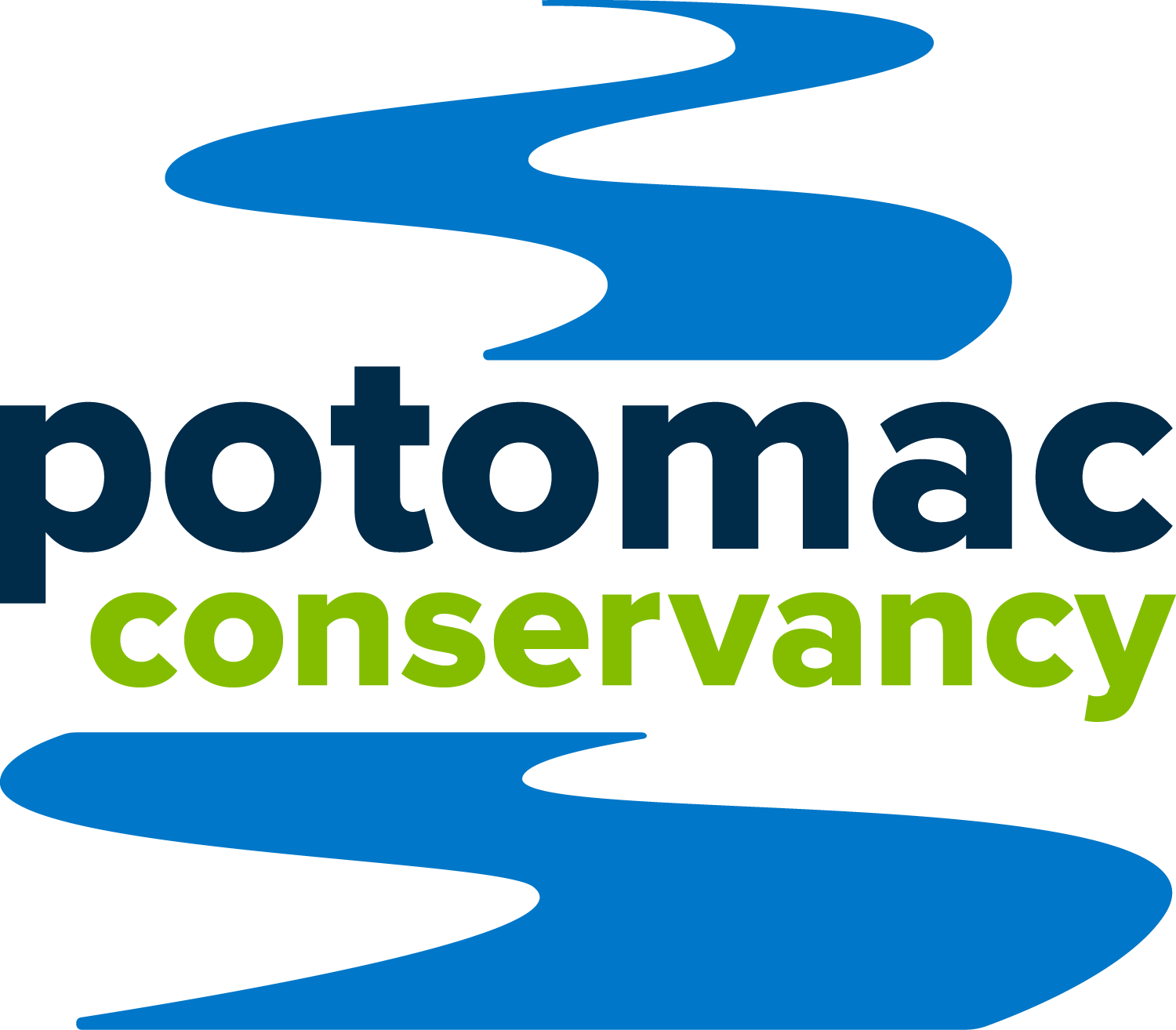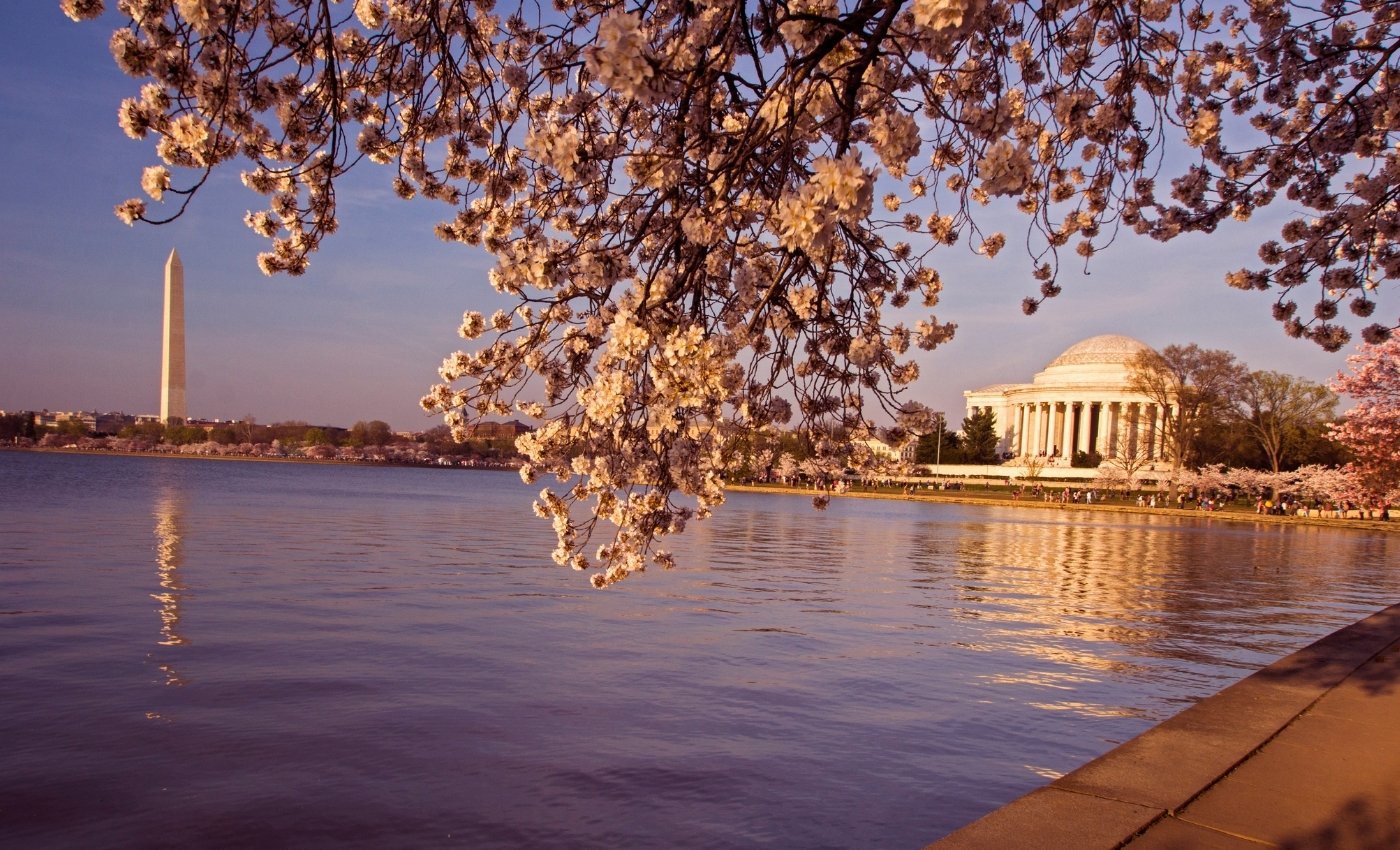7 Clean Water Tips for Earth Day and Every Day
/Making a difference is easier than you might think
Saving the Potomac one drop at a time sounds like wishful thinking. But it's not! No matter the size of your action, you can make a difference in keeping our rivers and streams clean. We've put together a quick list of seven tips that will help protect clean water in our communities.
This Earth Month we're asking you to take one action—big or small—to improve the Potomac. Are you up for the challenge?
Tip #7 - Is your faucet running? Then you better go catch it!
Everyone loves the calming sound of running water—outdoors. Less than one percent of the water on earth is water we can drink. Because treating waste water is both expensive and energy intensive, conserving water won’t only save you money, but it will benefit our local rivers and streams.
Want specifics? 100 ways to save water from Loudoun Water in Northern Virginia.
Tip #6 - Ditch the plastic bottles
Do the Earth a favor and purchase a reusable water bottle. Last year more than 211,000 bottles were picked up along local rivers and streams that feed into the Potomac. That’s the equivalent of every person that lives in Bethesda, Silver Spring, and Rockville dropping a bottle on the ground! Investing in a reusable bottle isn’t just good for the environment— it can also save you hundreds of dollars per year. Who couldn't use some extra money?
More on how bottled water is wasteful >
Tip #5 - Keep the chemicals to a minimum
Does diethanolamine or para-phenylenediamine sound like stuff you want in your hair? That would be a no. Though tap water is treated before flowing out of your spout, many chemicals that end up in our water supply cannot be removed. Always properly dispose of hazardous waste, like cleaning supplies, pesticides, and medication, and never dump chemicals down storm drains or in your yard.
More about potentially harmful chemicals and how to avoid them >
Tip #4 - Think going local only applies to food? Think again.
You know stink bugs? Invasive plants are the stink bugs of the plant world, and they are everywhere. Invasive plants are one of the top threats to habitat loss and degradation in our area. Take English ivy for example. When it climbs up a tree, it “chokes” it, causing the tree to die. When deciding what to plant or pull, consider whether the plant is native to the area. Each year, we work with dozens of local residents to remove invasive plants from shorelines to better protect the Potomac. In the fall, volunteers collect native hardwood seeds that become saplings at local nurseries.
Want to become part of the movement for clean water? Upcoming events can be seen at our Events Calendar >
Tip #3 - Trees and rivers are the best of friends
Trees rock. When placed near shorelines, trees act as natural filtration systems, providing clean water to nearby streams and rivers. A single 100-foot tree can purify 11,000 gallons of water a year, the amount of water in a small swimming pool. Trees also act as sponges, absorbing excess rainwater and reducing the volume of polluted runoff, the fastest growing source of pollution to the Potomac River and Chesapeake Bay. But trees are disappearing at an alarming rate—100 acres per day in the Chesapeake Bay region.
Plant a tree in your neighborhood with the help of local organization Casey Trees >
Tip #2 - Prevent polluted runoff
Polluted runoff is the only growing source of pollution flowing into the Potomac River, and it’s a huge problem. Chemicals that collect on paved surfaces are washed into creeks, streams, and rivers when it rains, polluting the drinking water for millions in the metro area. Using native plants and landscaping to capture and filter polluted runoff is a great way to positively affect the health of your local streams. Downspout diversions, rain barrels, rain gardens, and permeable pavements are all great at-home solutions—and it’s a great excuse to improve your curb appeal and property value!
Tip #1 - Get involved!
The best way to create a safe and healthy Potomac is to become involved in your community and take action for clean water. It’s easier than you think to take an action for clean water and a healthy Potomac. Become part of your local clean water movement by taking an action today!
• Stay informed of clean water news >
• Sign a local petition for river friendly policies >
• Volunteer and get your hands dirty for the Potomac >
• Donate to support local clean water initiatives >

















Our region’s old-growth forests improve water and air quality, provide vital wildlife habitat, and help fight the climate crisis. And, they also offer a diversity of recreational opportunities! What can’t they do? Check out these 5 local forests to visit!